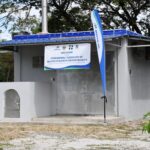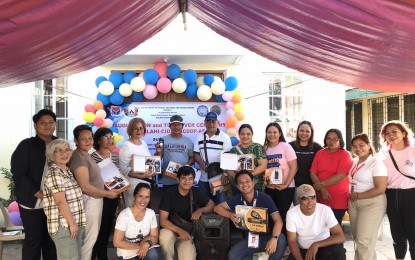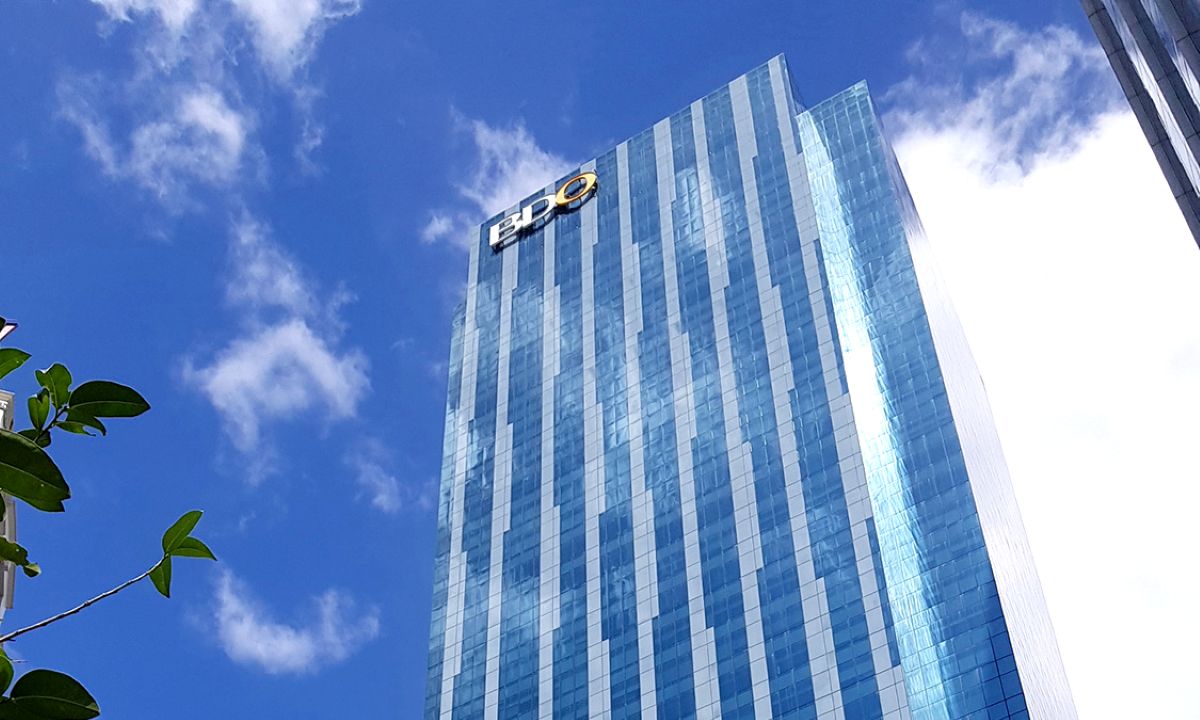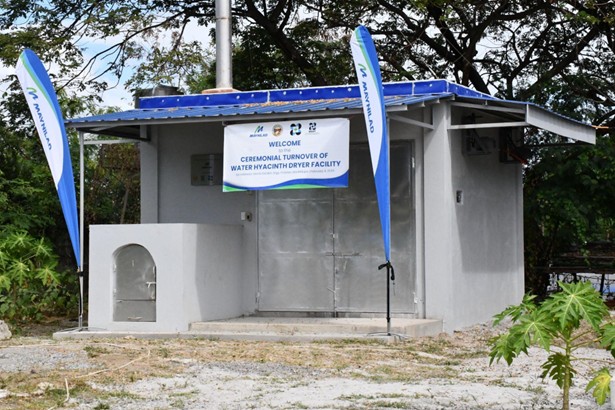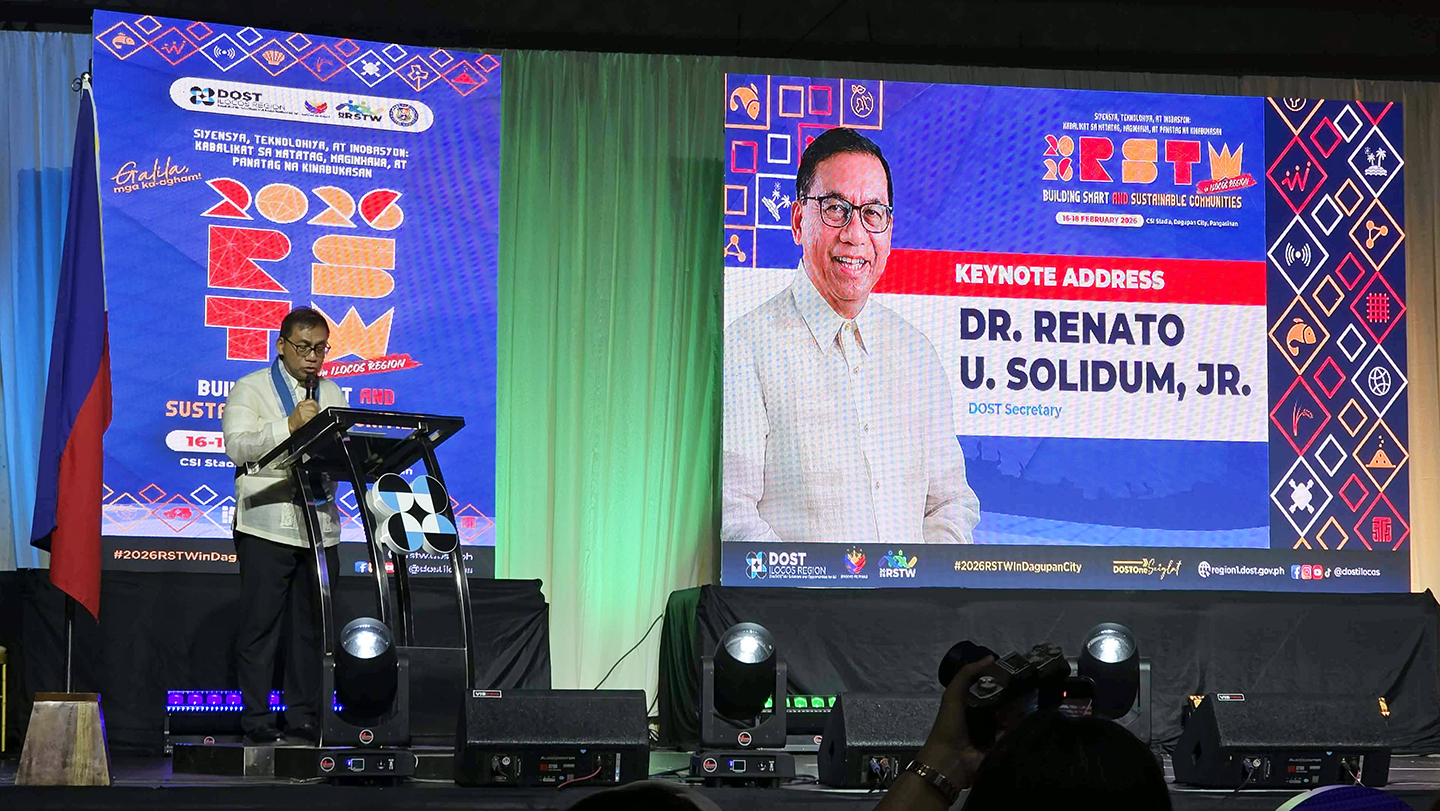PROJECT TURNOVER. Residents of Barangay Malitbog in Minalabac, Camarines Sur gather for a turnover ceremony of a sub-project that included a public address system, communication device, and sound system in this undated photo. The sub-project was a part of the Kapit-Bisig Laban sa Kahirapan – Comprehensive and Integrated Delivery of Social Services (KALAHI-CIDSS) program of the Department of Social Welfare and Development in Bicol. (Photo courtesy of DSWD-Bicol)
LEGAZPI CITY – The Department of Social Welfare and Development (DSWD) completed almost 2,000 sub-projects in 2023 through the Kapit-Bisig Laban sa Kahirapan – Comprehensive and Integrated Delivery of Social Services (KALAHI-CIDSS) that benefited 369,388 households in Bicol.
DSWD-5 social marketing officer, Ranelle Anne Sertan, said in an interview their agency completed 1,945 sub-projects worth P1.053 billion in the six provinces of the Bicol Region.
“Most of the sub-projects completed were roads, Cash-for-Work, footpaths, spillways or overflow bridges, telecommunication equipment or devices, and flood control or river control,” she shared.
Sertan said the completed sub-projects were in Albay–211; Camarines Norte–184; Camarines Sus–613; Catanduanes–225, Masbate–336 and Sorsogon–376.
“KALAHI-CIDSS not only provides sustainable development to communities but also ensures the implementation of sub-projects follow social and environmental safeguards,” she said.
She also said the program remains steadfast in ensuring that the sub-projects implemented are aligned with the actual needs of the communities. For this year, she said a total of P333.8 million worth of community grants are in the pipeline of the DSWD for Bicol.
Sertan said the communities themselves will identify the sub-projects needed in their locality based on careful participatory data situational analysis they will do with technical experts.
Meanwhile, DSWD-Bicol Regional Director Norman S. Laurio said in a statement the program also invested in capacitating local volunteers to ensure effective project implementation and management.
“The program also helped communities in forming operations and maintenance groups to monitor and evaluate completed sub-projects for long-term benefits,” he explained.
KALAHI-CIDSS is a Community-Driven Development (CDD) program of DSWD that empowers communities to participate in the identification, implementation, and management of projects or interventions. (Connie Calipay/PNA)








